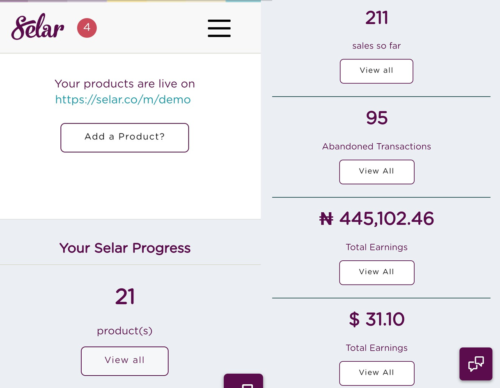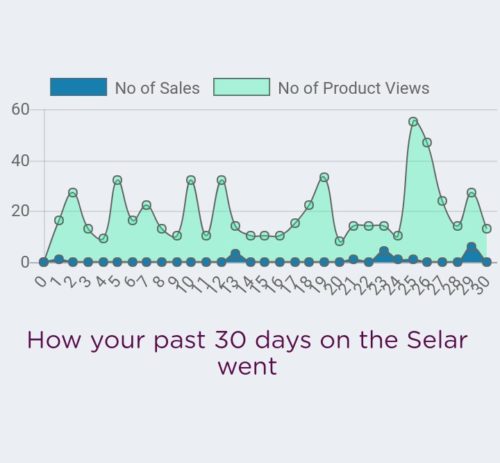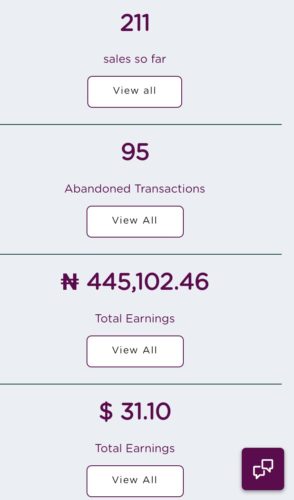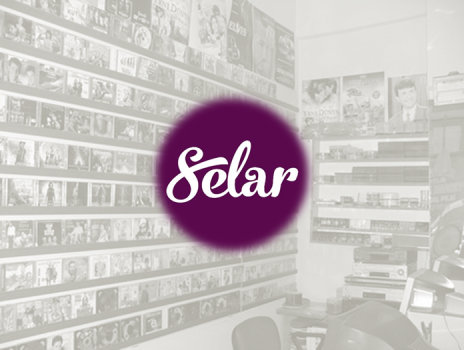In the spirit of supporting the artist, I bought Boogey’s recent album Nouveau Niveau for #1,500. For an independent artist that had released 4 free projects – while continually bettering his craft – prior to what was his commercial solo debut, the price is quite fair if you ask me. I mean, I did shed unseen tears for my bank account after shelling out the money.
While I was able to find a logic to justify purchasing Nouveau Niveau at a relatively hefty amount, not so many were enthused by the idea of purchasing the work of a relatively unpopular rapper for that price, and they were pretty vocal about it. Boogey wasn’t planning to sell his album for a paltry sum, but he eventually caved in and put his albums on the usual local digital stores where prices have being fixed to a T.
Normally, the average Nigerian isn’t used to buying albums for anything over the price of a bag of sachet water. But what happens when the reach of an artist is so limited that selling at such amounts is akin to drizzles of rain in a vast desert?
A few months back, Ycee’s epic rant assisted in lifting the veil on how content aggregators and local platforms/Telcos jointly shaft artists of the ability to make substantial money off music sales. If a mainstream artist like Ycee can complain, one can only guess how much harder it gets for artists that are far from ubiquity. The appropriate cost of an album definitely an unending debate, but it should be of note that artists vary in popularity and in how much they value their creations, which should allow for malleable conditions when it comes to prices.
For independent artists, being able to solely determine the price of their music is a big reason why Selar is a more apt platform for commercial releases. With a unique incorporation of selling digital products, Selar is an online store with a much needed edge, laying emphasis on the transactional and interpersonal aspects in terms of artists selling their music.
The first positive that sticks out is the relative ease with which artists can register and put their content up for sale within next to no time on Selar. “For anybody that sells on Selar today, the aim is that you can start selling anything you want in like 3minutes,” Selar Co-founder, Mr. Douglas Kendyson, explained during a phone conversation. Further underlining Selar’s DUI sequence, he adds that “it’s completely self service in the sense that: You sign up, and before you sell a product, you’ll be asked to set your bank account details. When you set your bank details, then you’d be able to add a product.”

Once the steps are completed, the link to the song or album is all the artist needs to peddle. In cutting out unnecessary middle men, Selar is the internet equivalent of artists selling CDs out the trunk of their cars. All potential buyers need do is open the link and follow simple steps in order to purchase, similar to any transactions done internet. Attached to the receipt issued via email upon completion of payment is the download link to the contents, especially important for pre-ordered items. The platform currently supports five currencies – Naira, Ghanaian Cedis, Kenyan Shillings, Pounds and US Dollars – allowing for monetary range, so artists can sell to those beyond their locale.
“All we’re trying to do is give people a platform to sell whatever content that they are producing in the simplest form.”
Money from purchases is remitted to the artist’s registered bank account with 24hours, after charges of as low as 4% of the song/album plus ₦50. On paper, this deal looks too good to be true since other platforms take as much as 50% off top, but Mr. Kendyson reiterated their artist first mentality: “for the creators we want to work with, we want to make sure that they get the bulk of the profit.”
He also stressed the value Selar places on accountability, in going beyond showing accurate number of sales and delving into the amount of traffic being pulled by the link, more specifically the intermediate (social media) platforms acting as the best thoroughfares. This breakdown in itself gives artists a great bit of statistics, inherently helping to improve strategic marketing ahead of future releases.

Stats
Also aimed at assisting artists is “Selar Allied,” an innovative mode of affiliate marketing that guarantees monetary benefits to promoters and platforms that assist in spreading the artist’s work being sold on Selar. Instead of the usual prepaid method used in engaging “hypebeasts,” Selar Allied’s symbiotic mode of operation helps in reducing the amount of promo money poured down the drain while both parties are still able to make profits.

With Selar Allied, a prior percentage is agreed upon as commission on each sale for the promoter, and a custom link is created so that he/she can drive sales to the song/album and also track the numbers on their own dashboard too.
Even with the culture of buying music for pennies, it’s not unusual to find songs and even full length albums on blogs for free download, which means it may be impossible to imbibe a “pay the artists sufficiently” mindset in most Nigerians. But with Selar Allied offering blogs direct profits in helping artists sell their music, there’s possibility for change, even if it will take more than a minute.
In this scenario, a viable option could involve putting up snippets of the song(s) for free download, just enough that it piques interest and it leads to sales.
Another positive, albeit on the artistic side, is the freedom given to artists in uploading their work. In being able to add secondary attachments such as cover arts and other accompaniments that might be deemed unnecessary by music-file-only platforms, artists are given the reins to make their releases more wholesome, improving listening experience, customer satisfaction and also show extra appreciation to those purchasing their music.
The main difference in purchasing Boogey’s album at ₦1,500 on Selar and ₦100 on Boomplay is a word document added to the package of the former. While it can be sufficiently enjoyed and unpacked solely based off the songs, the added word document does in fact deepen the narrative arc to Nouveau Niveau.
Similarly, Paybac’s recent, excellent album The Biggest Tree, purchased via Selar boasts a few amount of additions to it. Tacked on is the lyric booklet, and a book of interesting short stories that compliments each song on the album. It’s a full package that justifies its ₦500 price tag, listening to/buying the album on any other platform doesn’t come with these premium perks.
Reaching out to Paybac to find out how his experience with selling The Biggest Tree via Selar, he only offered positive comments, affirming how “very easy” it is to setup and sell on Selar.
With increasing positive response from both artists and buyers – (“music sales is a high performing category on Selar”) – there’s a willingness to continually evolve, in order to meet the needs of creatives. During the course of our conversation, Mr. Kendyson mentioned plans to include a not-too-complicated feature in the near future that showcases recently added contents by creatives, so Selar could also double as a discovery platform as well.
For an already fledgling and still promising partnership between artist, supporter and platform – that is only destined to get better and grow bigger, the possibilities for and with Selar are endless.


